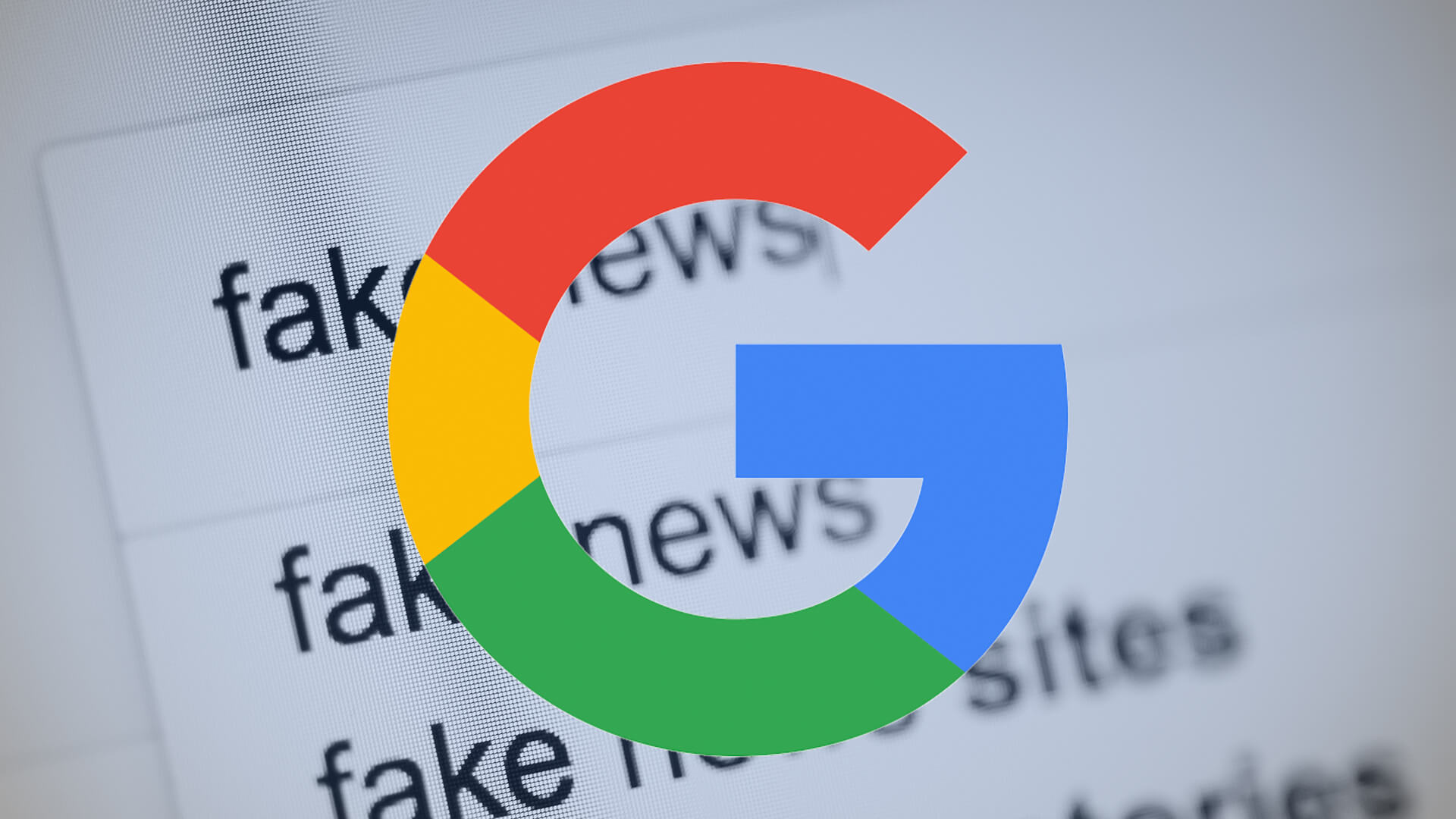
Paranoid delusion or political calculation? That’s the question commentators sometimes ask when Trump attacks opponents. This time the target is Google search results.
Consistent with a sustained attack by conservatives against big technology companies, Trump is claiming “search bias” this morning after seeing news outlets that he doesn’t like (e.g., CNN) featured prominently is search results for the query “Trump News.”
Trump also cryptically tweeted that the situation “will be addressed.” What that means is unclear, although Trump economic advisor and former CNBC anchor Larry Kudlow suggested that search results should be regulated.
Google’s results have been found by several courts to be protected First Amendment speech. It’s unlikely that any attempt to regulate results on the basis of their content will be judicially permitted (antitrust is another discussion). Indeed, the company has been fighting claims from all corners for years that its search results are “rigged” or manipulated in favor of one interest or another.
In July Trump called Google “one of our great companies” after the EU imposed a record $5 billion antitrust fine.
In a reversal this morning, he complained that search results were “rigged”:
A quick search I conducted for “Trump News” brought up Fox News in a prominent position. Hardly an anti-Trump outlet, Fox has been accused of being the propaganda arm of the Trump Administration for its consistently favorable coverage.

Two weeks ago, Trump also complained about the removal of Infowars site from YouTube, Facebook and Apple News. He argued in response that tech companies were seeking to “silence” conservatives. Infowars is a discredited conspiracy site that routinely peddles false information.
The irony of Trump’s complaints against big tech is that manipulation of news on Google, Twitter and Facebook by Russian-state interests seeking to sow division and defeat Clinton likely contributed to his electoral college victory. There have been numerous Congressional hearings on the topic of foreign election meddling in 2016 and the forthcoming mid-term elections, with more hearings to come.
Twitter, Facebook and Google face criticism from both Democrats and Republicans on a number of topics. It’s a reflection of the power that these companies have in the economy and over public opinion that nobody’s entirely happy with them.
In response to Trump’s tweets this morning, Google issued the following statement that its algorithms have no ideological bias:
Contributing authors are invited to create content for Search Engine Land and are chosen for their expertise and contribution to the search community. Our contributors work under the oversight of the editorial staff and contributions are checked for quality and relevance to our readers. The opinions they express are their own.



